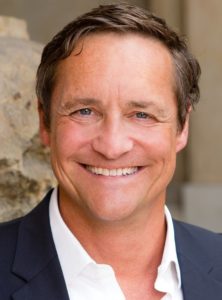In an overarching statement, German associations demand a 10-point approach to technology and infrastructure neutrality
Ten years ago, TV consumption predominantly took place in front of the television – whereas today, consumer behavior has profoundly changed in light of modern technologies. The present-day TV consumer makes intensive use of the available media channels, starting from television and radio programs, to cable, satellite, Internet and mobile networks. However, what is – for the end consumer – one and the same means different legal conditions and complex acquisition of rights for the respective providers.
Online services are confronted with the problem that they frequently offer the same linear radio programs as satellite and cable network operators, while the broadcasting rights still need to be individually purchased from all rights holders involved. “It is completely incomprehensible why for the same services different legal bases are applicable. In today’s digital age, it should not make a difference whether cable, satellite, the mobile network or the open Internet is being used as a transmission medium for radio and television programs,” says Oliver Süme, eco Director for Policy and Law.
In a recently published statement, 13 German organizations and institutions (ANGA, ARD, APR, Bitkom, eco, GEMA, GÜFA, TWF, VG Bild-Kunst, VFF, VG Wort, vzbv and ZDF) call upon the European legislature to develop further the legal declaration for the retransmission of radio and television programs, published on September 2016.
According to the statement, all providers which possess the same characteristics as cable network operators should also benefit from the Cable and Satellite Directive and its legal certainty, as well as from the simplified system of rights. This is the only way to make sure that the framework conditions of the retransmission of radio and television programs in Europe are sustainably improved for international competition.
On September 2016, the European Commission issued a proposal about regulations for the proliferation of television and radio programs, with the objective of achieving a higher distribution of programs in EU member states; at the same time, it should become easier to license intellectual property rights for online and distribution services
The joint statement can be downloaded here (in German): www.eco.de/wp-content/blogs.dir/170208_gemeinsame-erklaerung-weitersendung_de.pdf




